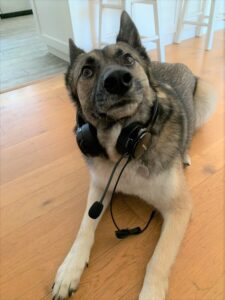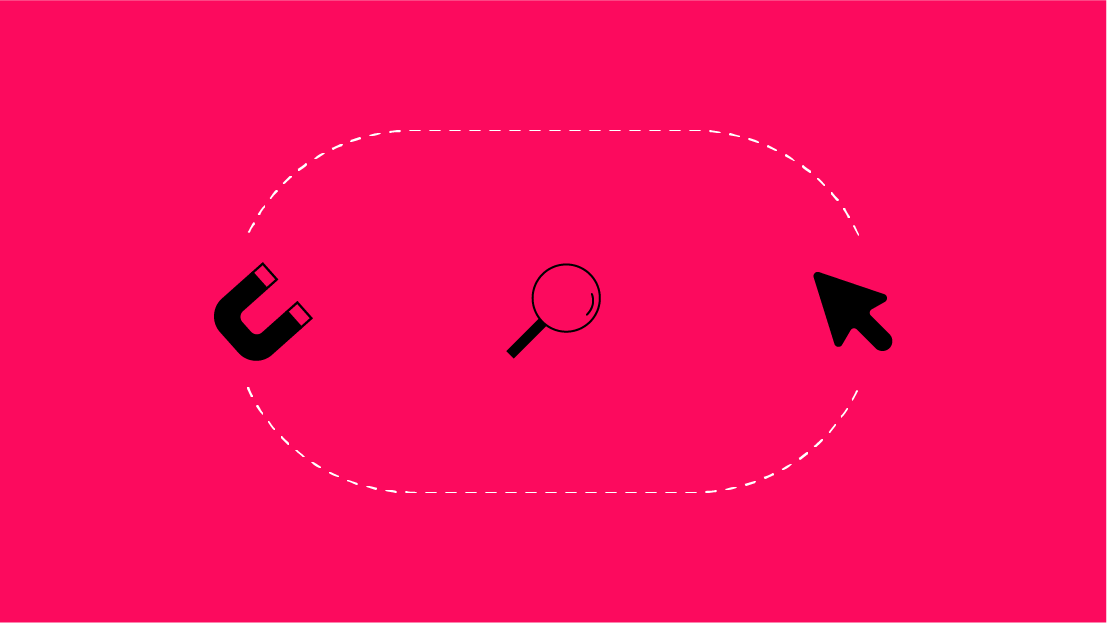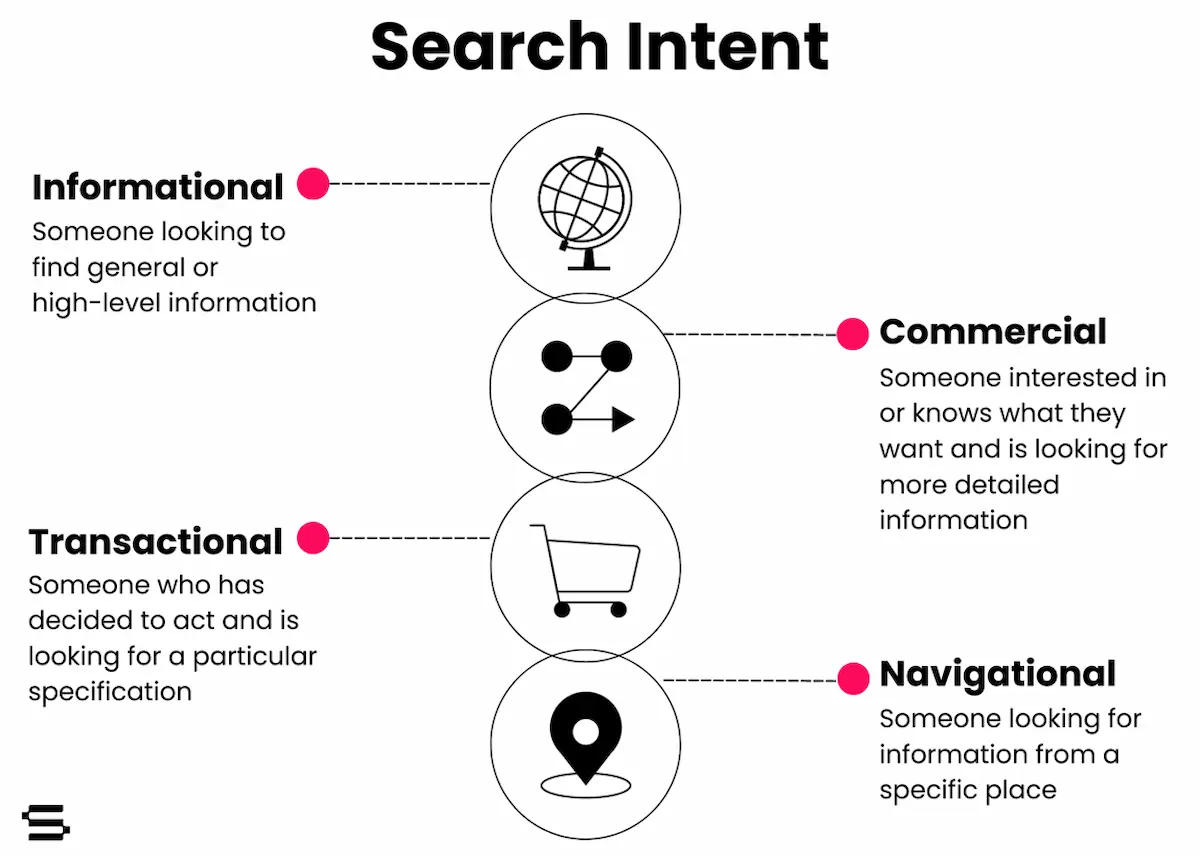My nerves didn’t go away just because I was looking forward to my interview with Seer. But what did go away was the feeling of uncertainty. Besides, most interviewers expect that the candidate will be nervous, and the interviewer will prepare accordingly.
I was pleased to find out that interviewers at Seer also prepare pretty in-depth feedback - by tapping into this feedback during the interview process, it helped me to become a better candidate. So, what did feedback change about my interview? I found learning from interviewers improved my answers and told a better story as the interview process progressed.
Interview Feedback: Where Do I Start?
An interview is a two-way street. An interview’s purpose is to vet the candidate to the interviewer AND vice versa. This “two-way street” saves everyone trouble in the long-term by thoughtfulness in the short-term.
However, candid feedback can be difficult to obtain. How many times have you reached out to a company only to receive “we’re sorry, we’re going in a different direction,” and then never hear from them again?
What stood out to me at Seer was how thoughtful the process was, regardless of whether or not I secured the position.
I’ll expand on 3 major steps I experienced, and what I learned:
- Vetting
- Conduct
- Data Collection
Vetting
Vetting was a two-way street during the interview, and this process allowed me to research throughout the entire conversation.
Relationship Building: Personal Emails Allowed me to Foster the Relationship
Seer gave me a great first impression and provided background on the interviewer.
If you’ve ever had a conversation with a hiring manager, you know it can be difficult to get to know each other, especially in a remote world. Knowing exactly who is looking at your LinkedIn or resume ensures you don’t miss out on a great relationship.
My interviewer gave me a great introduction, which pushed me to write more about myself and my values. Additionally, it saved me time! I had so many boiler-plate questions for my interviewer that I realized I could skip because I already had their information in front of me.
Self Assessment: Understanding Relevant Experience to Supplement my Resume
My interviewer repeated what they saw was my relevant experience back to me. Because I knew what they determined had qualified me to be in that conversation, I worked on the areas that needed more explanation. This kind of feedback pushed me to supplement what was already on my resume with new, in-depth stories.
Asking Questions: Candidate Resources Allowed me to Ask Better Questions
My interviewer sent me a list of resources. There are so many good Seer blogs out there - and other materials too! I got a chance to read through several of them.
By leveraging these resources, I used a more direct approach to research the role. I was able to turn a statement like “I just read a handful of your company’s blogs” into “I know your core ethics, and I found relevant examples that speak to questions I have about your culture.”
Conduct
Seer’s interview feedback also helped me build rapport and respect in real time.
Timeliness: Timely Follow-Up allowed for a Timely Follow-Through
My emails were responded to promptly. This was one way I saw ETHIC values in practice, even from outside the company.
For example, when my time slot got changed, I then got an updated invitation in as little as a half an hour. I had a free moment mid-week and was able to do an interview a day earlier than I expected.
This not only gave me back my time, but it also allowed me to better respect my previous employer’s time. I wrapped up outstanding projects with intentionality.
This biggest lesson I learn throughout this process was how you handle a transition speaks volumes about your work ethic.
Taking Initiative: Communication from Leadership Encouraged me to Make Time
Speaking up is for everyone, regardless of your title. For example, Wil sent me a welcome video on my first day. My direct team all followed up via email or zoom to introduce themselves, too.
Because everyone made time for me, I was encouraged to make time for them. I sent videos and emails in return, and I also got the opportunity to show my face to leadership on day one.
Data Collection
Seer’s emphasis on data taught me to back up my anecdotes with strong examples.
Showing Your Work: Interview Surveys Taught me to Showcase Relevant Experience
Seer is data-driven, even down to the interview process. I completed a mid-interview survey, so if I didn’t progress further, I could still at least offer my thoughts. I also received feedback from the team about my interview answers. The team clarified what worked well, and let me know which of my answers weren’t clear before the next round.
Surveys during and after the interviews reminded me to “show my work” and answer questions. By sharing relevant data and numbers, I learned to avoid using more vague anecdotes.
Bonus: Be Personable

My dog, Zoe, listened in on all my calls.
On a personal note: It was no “small potatoes” that I spoke with a hiring team mid-pandemic, unclear of what was coming next. It reminded me that we were all in this together.
My contacts shared funny gifs with me, had down-to-earth conversations with me about their expectations, and engaged in not-so-small “small talk” about the world at large at the time. This transparency went a long way to remind me that I was grateful to be working from home while we were all still waiting for a vaccine.
Plus, it gave me direction in a positive way. Whether or not I had been selected, I would have at least felt like I learned something (and I am happy to say I did).
We're Hiring!
Now that you’re ready to leverage feedback during your interview, all you need to do is schedule one.
If you decide that Seer is the best fit for you, go ahead— apply!



